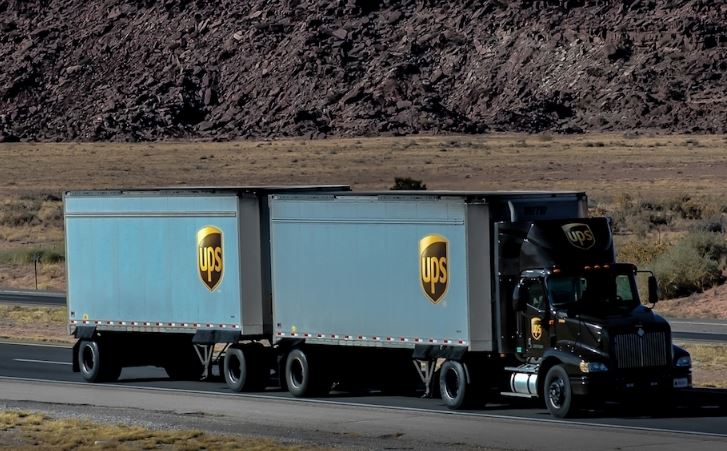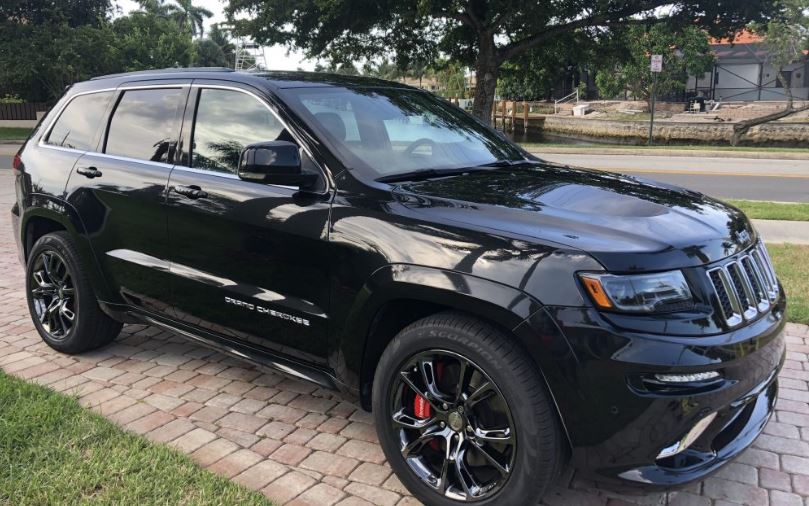The ELD Mandate requires all truck drivers, owner-operators, and fleet companies who used paper logs and vintage recorders to switch to the use of electronic logging devices. To ensure that operators work behind the steering wheel for a healthy amount of hours, the government wants to make sure that fleets submit accurate information.

The regulation raised many eyebrows and invited the frustration of some trucking groups — who opposed and expressed their concerns about the transition costs, challenges of utilizing a new tech, and privacy.
An organization of drivers and operators challenged this rule and brought it to the Supreme Court. However, this attempt failed with a follow-up response from the highest court that they will no longer entertain any further objection about the ELD final rule.
As such, the law became mandatory on December 18, 2017, and the conversion to ELD appeared successful despite the hardships authorities went through during its implementation.
The shift to ELDs may seem too expensive for a small fleet owner. Even big businesses will need to exhaust massive funding. As the plan to overturn this mandate has gone to shreds, owners and drivers look into further details of the rule to see if their operation falls under the criteria of exemption.
ELD Rule Exemptions
The use of electronic logging devices may look like the preferred way to ensure that no individual goes over the recommended amount of continuous driving hours. However, it wouldn’t work in some cases. Thus, the FMCSA, the governing branch of DOT governing trucking companies, came up with a list of exemptions.
Drivers And Owner-Operators Who Keep RODS For Eight Days In Thirty Days
RODS stands for records of duty service. If the fleet goes over eight days, it needs to use ELD through its trip to different places. Other companies are not so sure whether they’d go over the 8th day or not, so they ended up installing ELDs to avoid breaking the rule.
Tow-away Vehicle Drivers
If the vehicle is a commodity or if the transported vehicle is a motor home or recreational unit trailer, it requires no ELD.
Drivers Of Motor Units With Engine Model Manufactured Before 2000
In simple words, the ELD mandate requires new truck engine models created from 2000 and beyond to use electronic logging devices to track the driver’s compliance. But what about older trucks?
This exemption is where the mandate sounded unfair. However, the reason for this exclusion lies within the compatibility and financial challenges if the rule insists on owners/drivers of older trucks.
Installers must connect ELDs to the engine control module. It is an embedded system used to regulate the different functions of an electrical system. Unfortunately, for the government and those who show interest in using ELD on their old trucks, this does not seem possible, except if they avail for a retrofit.
Retrofitting, still, makes another eye-sore in the list of expenses. It costs USD 10,000 for a single truck. If the government insists, no one will use their old vehicles anymore, prompting a lot of fleet companies to switch ventures. And this reaction can do more harm than good.
It’s noteworthy to inform that drivers not affected by the ELD mandate can use electronic logging devices if they prefer to do so.
Three Groups Exempted From ELD But Outside the Guidelines
Different groups submitted their claims of exemption for ELD. As their justifications have succeeded, they no longer need to adapt to the mandate and install expensive electronic logging devices in their trucks.
Short-Haul Truck Drivers
According to the ruling organization, trucks that operate for short distances don’t need ELDs. Vehicles under this category include dump trucks, water tankers, flatbeds, and many others.
Livestock Truck Drivers
Due to the difficulty of transporting live animals, especially in harsh weather conditions, FMCSA exempts drivers who carry agricultural products.
Truck Rentals And Leasing
FMCSA also exempts operators who drive short-term rental trucks. Drivers should keep rental agreement and notice of exemption to present while being inspected.
Exempted Companies By The FMCSA
Federal Motor Carrier Safety Administration, a DOT branch responsible for truck rules and safety, granted exemptions to some companies for reasons stated in their website:
- Truck Renting and Leasing Association (TRALA)
- United Parcel Service (UPS)
- Motion Picture Association of America
What Is The Short-Haul Exemption?
Short-haul drivers go back to the same location by end-of-day. The FMCSA allows a 14-hour driving period in a day for truck operators.
With the short-haul exemption, a driver can extend for two more hours. This extension is known as the 16-hour short-haul exemption. There are some important things a driver needs to take note of when availing this exemption.
- The truck driver needs to report back to the same work location
- The company must release the truck driver from duty within 16 hours.
- Drivers can only use this once within seven consecutive days.
Are Glider Kits Exempted From The ELD Mandate?
People involved with glider kits experienced headaches due to many changes in the decision of FMCSA, whether they would exempt them or not.
In the beginning, the institution announced that if the title shows the year 2000 or later than that, the operator still needs ELD. But after a few months, the FMCSA made an about-face on their earlier decision.
Glider kits, with engine model, pre-2000, for as long as the stamp in the vehicle identification number says so, are not required to install ELDs.
This parameter raised worries regarding inspection as it would cause great disturbance during an inspection. FMCSA recommended, nevertheless, for drivers to take a photo document of the VIN and keep it in their logbooks.
ELD exemptions had some grey areas. The governing body, however, provided answers to many of the questions raised. Still, many interested parties find the ELD mandate and its exemption difficult to understand. Apart from the above info, the FMCSA website is also worth checking as it continuously provides updates and helpful resources regarding truck regulations.



